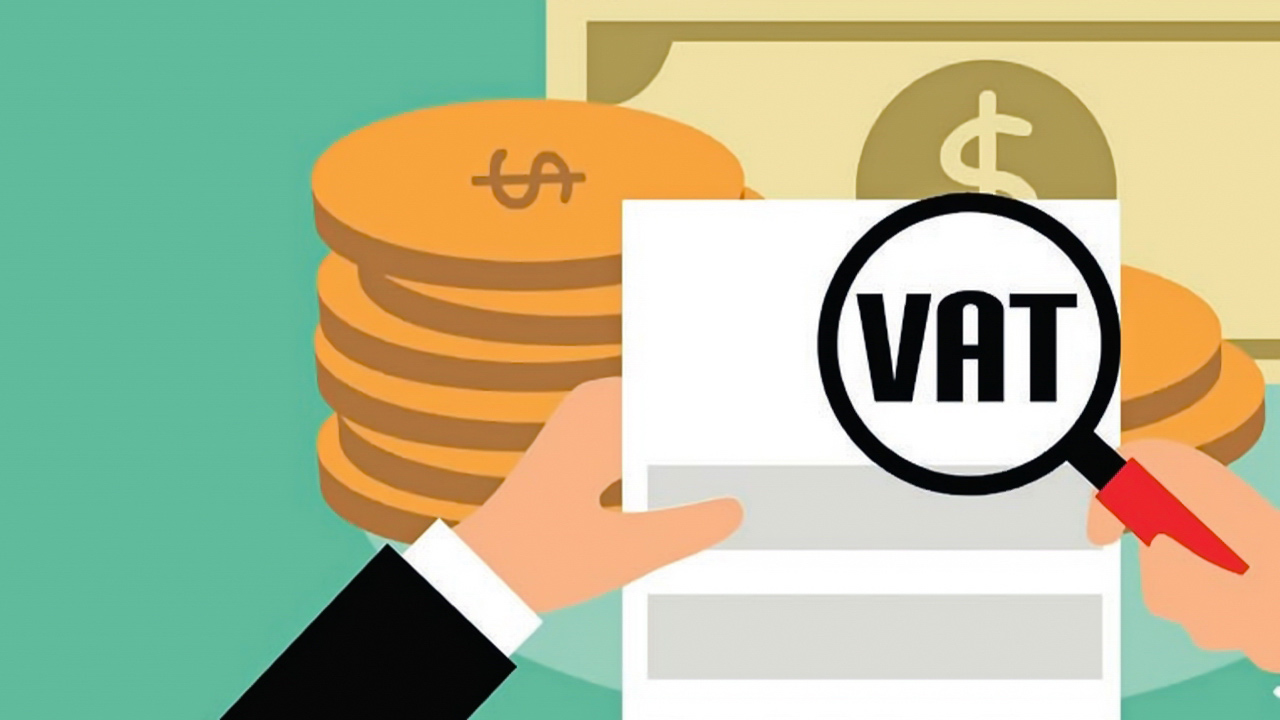
The value added tax (VAT) is only imposed if the goods or services are “destined” for local consumption, not if they are for consumption abroad. The VAT system in the Philippines follows the so-called destination principle insulating exporters and export-oriented enterprises from paying VAT on their local purchases.
Prior to the passage of the Corporate Recovery and Tax Incentives for Enterprises Act (CREATE), case law applied the so-called cross-border doctrine. This rule benefits enterprises located in special economic or freeport zones. CREATE now limits the application of this rule. While these zones retain the legal fiction of being a foreign territory for taxation purposes, the export sale treatment of local purchases now only extends to goods or services “directly and exclusively used in the registered project or activity.” In other words, only the local components of their direct costs. Incidentally, these are also the costs they may claim as deduction to compute their income subject to special tax. The local suppliers may now pass on VAT for their selling and administrative expenses.
Changes in the VAT system are essentially revenue neutral and the law seeks to plug tax evasion loopholes. Recall that the TRAIN law (Tax Reform for Acceleration and Inclusion) phased out the system of effective-zero rating, where a supplier may not ordinarily pass on VAT to exporters. The concept of effective zero-rating created problems such as when suppliers claimed their sales to be zero-rated even when the sales were subject to VAT. To avoid this, the TRAIN shifted the burden of claiming a refund from the suppliers to the exporters. On the other hand, a VAT on the supply of goods and services may be passed on to exporters, which may claim a refund up for whatever was unutilized.
As a pre-condition for changing the system, the Bureau of Internal Revenue (BIR) must adopt and implement an enhanced VAT refund scheme. Given the claimants’ poor experience with the previous system, the refund process will be overhauled and the law shifted from a “deemed denied” to a modified “deemed approved” scheme.
The new refund system creates several mechanisms to assure exporters that the VAT on their purchases will be immediately refunded.
The Enhanced VAT Refund System
The new refund system creates several mechanisms to assure exporters that the VAT on their purchases will be immediately refunded.
Specifically, the period for the BIR to decide on the refund application was shortened to 90 days from 120 days. Its reckoning date has been changed “from the date of submission of complete documents in support of the application” to “the filing of the VAT refund application” when there will be “submission of the official receipts or invoices and other documents in support of the application.” In effect, the claimant must submit all supporting documents at the time of filing of the application.
A dedicated VAT refund center within the BIR and Bureau of Customs (BOC) is expected to expedite the refund process. Personnel who deliberately fail to act on the claim within the 90-day period can be held criminally liable.
To assure that a dedicated fund is available in the National Treasury to service the processed claims, the TRAIN automatically appropriates 5% of the total VAT collection from the preceding year. These funds are placed in a special account or treated as “trust receipts for the purpose of funding claims for VAT refund.”
To facilitate monitoring, the BIR and BOC are mandated to submit to Congress a quarterly report of all pending claims for refund and any unused fund.
What Is The Status Of The Scheme?
The shortened processing of refund applications will only materialize through the allowance of electronic receipts or invoices, and the proper implementation of the electronic sales reporting system.
This depends on an effective system that requires cash outlay from the government which should be in place by end of 2022. Until such system is in place, exporters and export-oriented enterprises may have to contend with the traditional way of claiming refund on the passed on VAT on their local purchases.
The BIR, as part of its service, will hopefully expedite the processing of refund applications to insulate companies from the burden of shouldering extra tax costs and ensuring the Philippines remains competitive to attract foreign investors.
If you require advice on any of the issues raised in this briefing, please contact the authors below.

Eric R. Recalde Eric R. Recalde is the Head of the Tax Department and a Partner in the Angara Abello Concepcion Regala & Cruz Law Offices. He is a Certified Public Accountant. He ranked 11th in the September 1996 CPA Licensure Examinations. He also ranked 3rd in the 2002 Philippine Bar Examinations. |
Angara Abello Concepcion Regala & Cruz Law Offices (ACCRALAW)
22/F-26/F, ACCRALAW TOWER, 2nd Avenue corner 30th Street, Crescent Park West, Bonifacio Global City, 1635 Taguig, Metro Manila, PHILIPPINES
*This article is the IHC Magazine’s off-shore update for April 2021 issue. Click here to read the full magazine


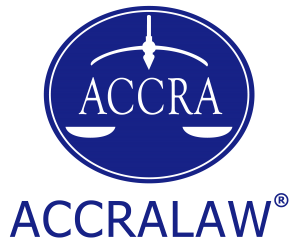
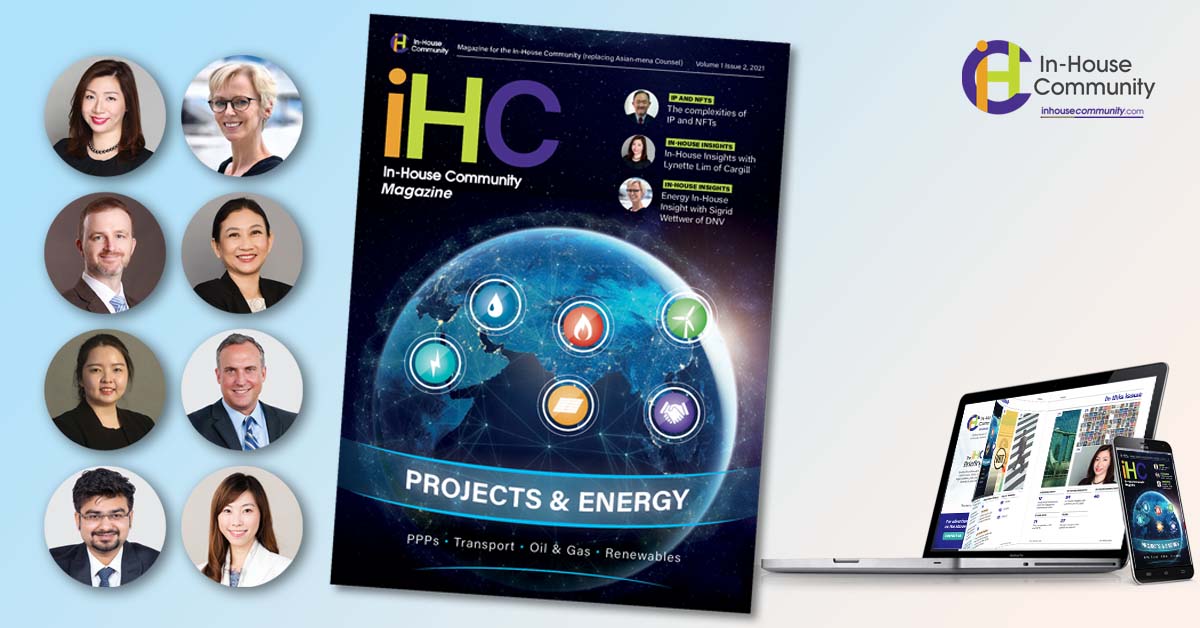
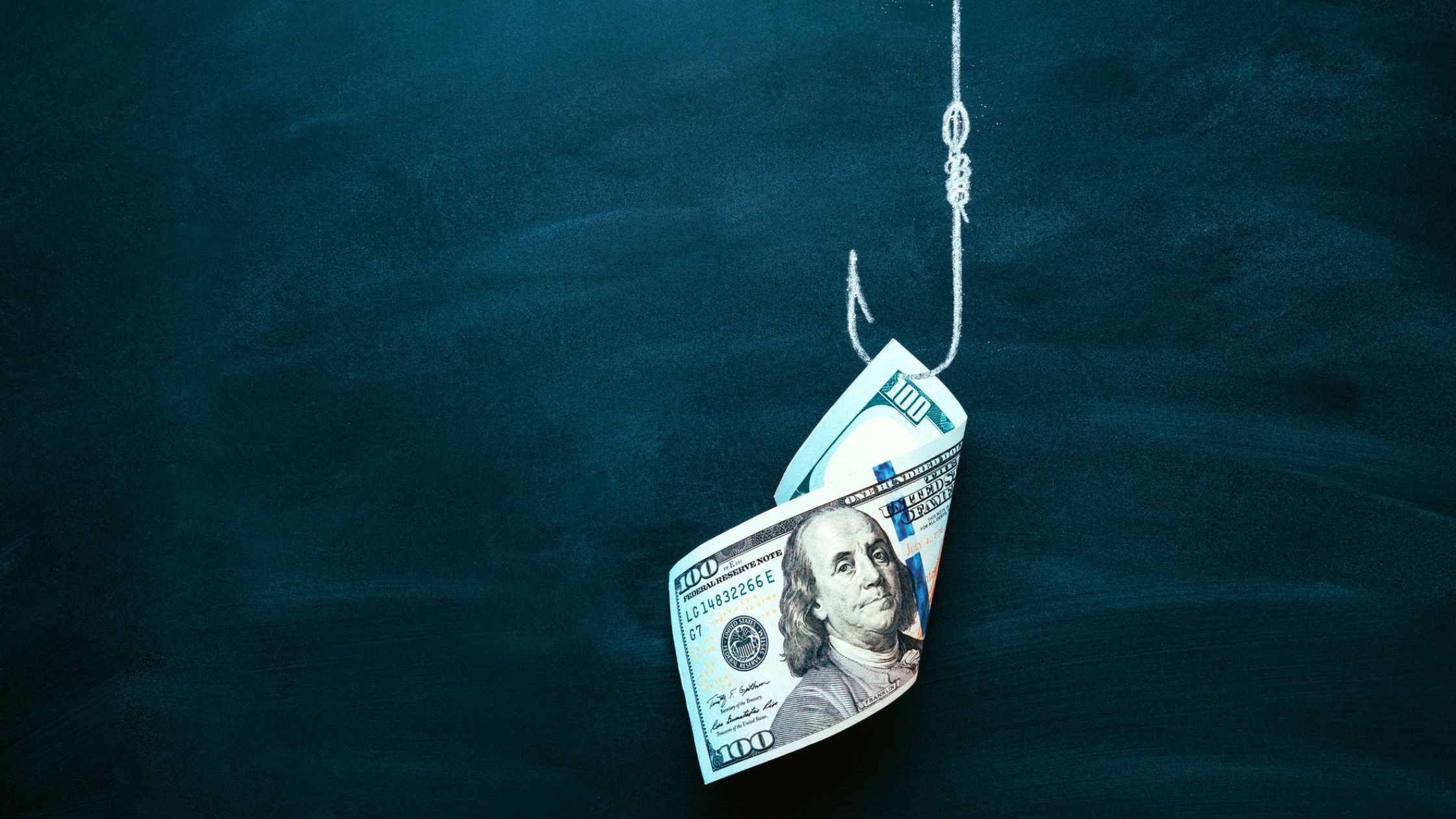

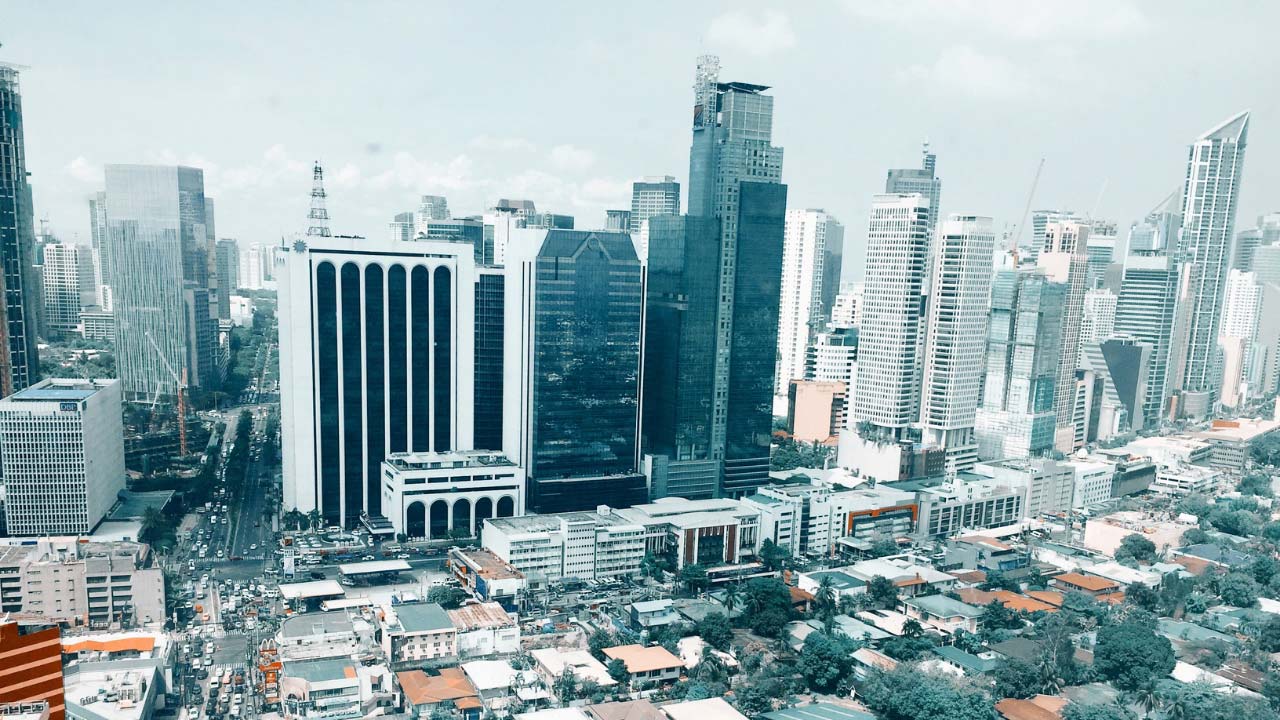
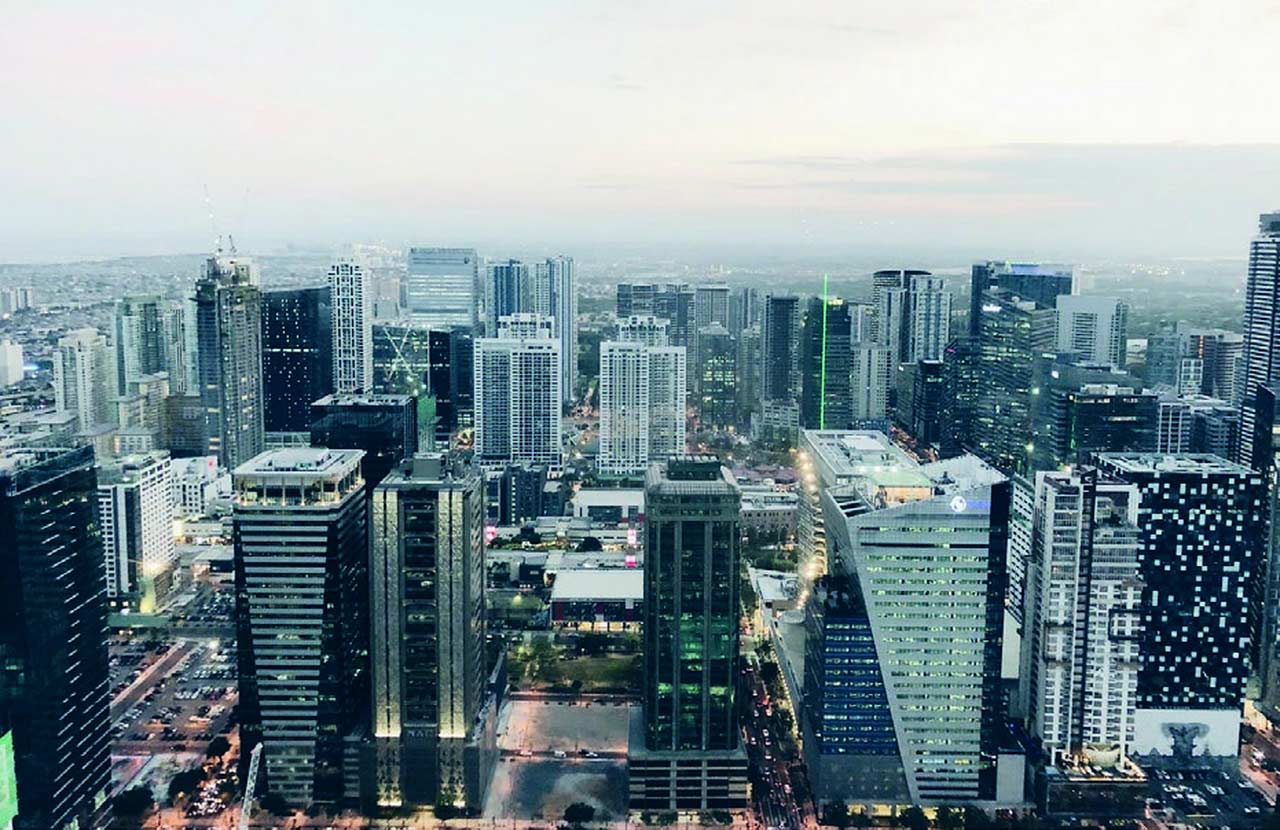


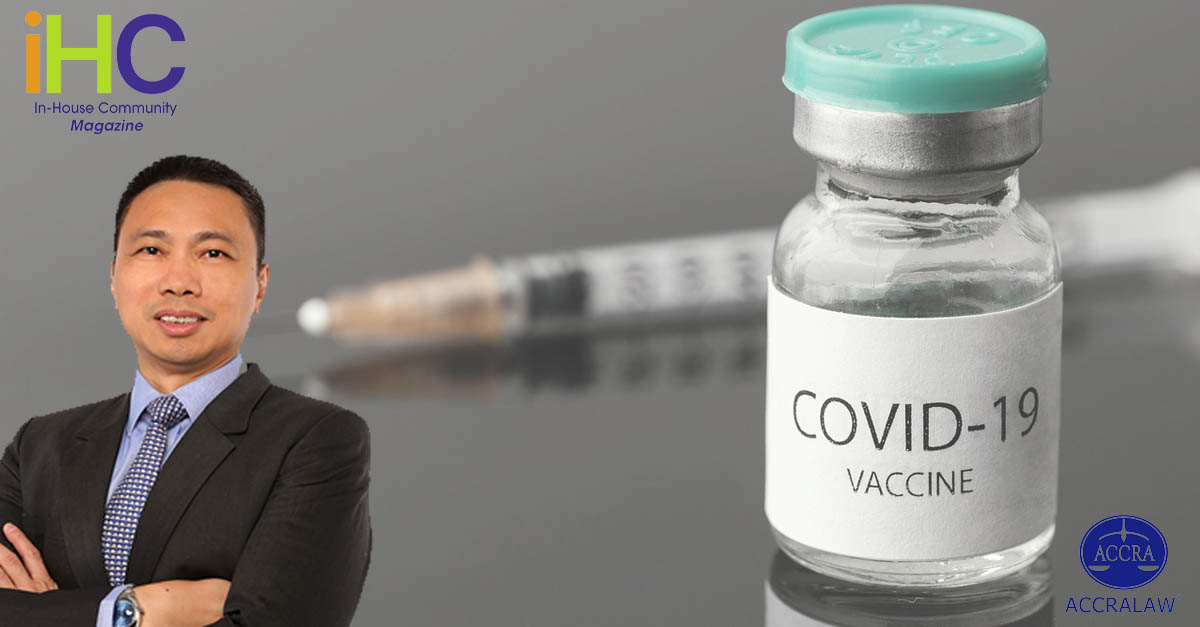
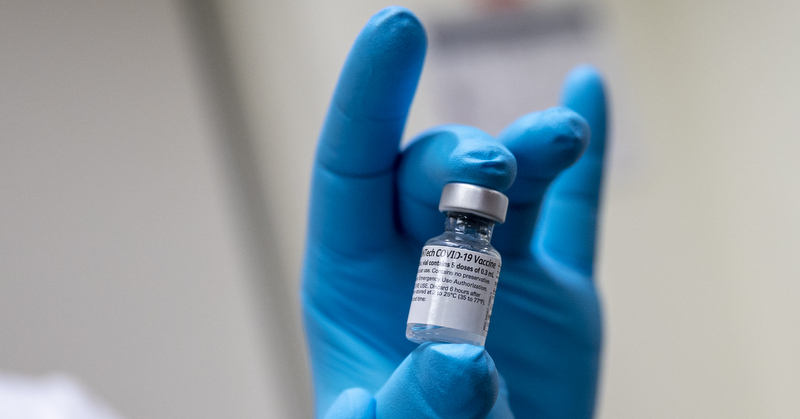








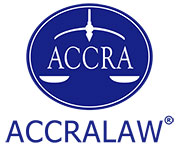 Angara Abello Concepcion Regala & Cruz Law Offices (ACCRALAW) 2020
Angara Abello Concepcion Regala & Cruz Law Offices (ACCRALAW) 2020







